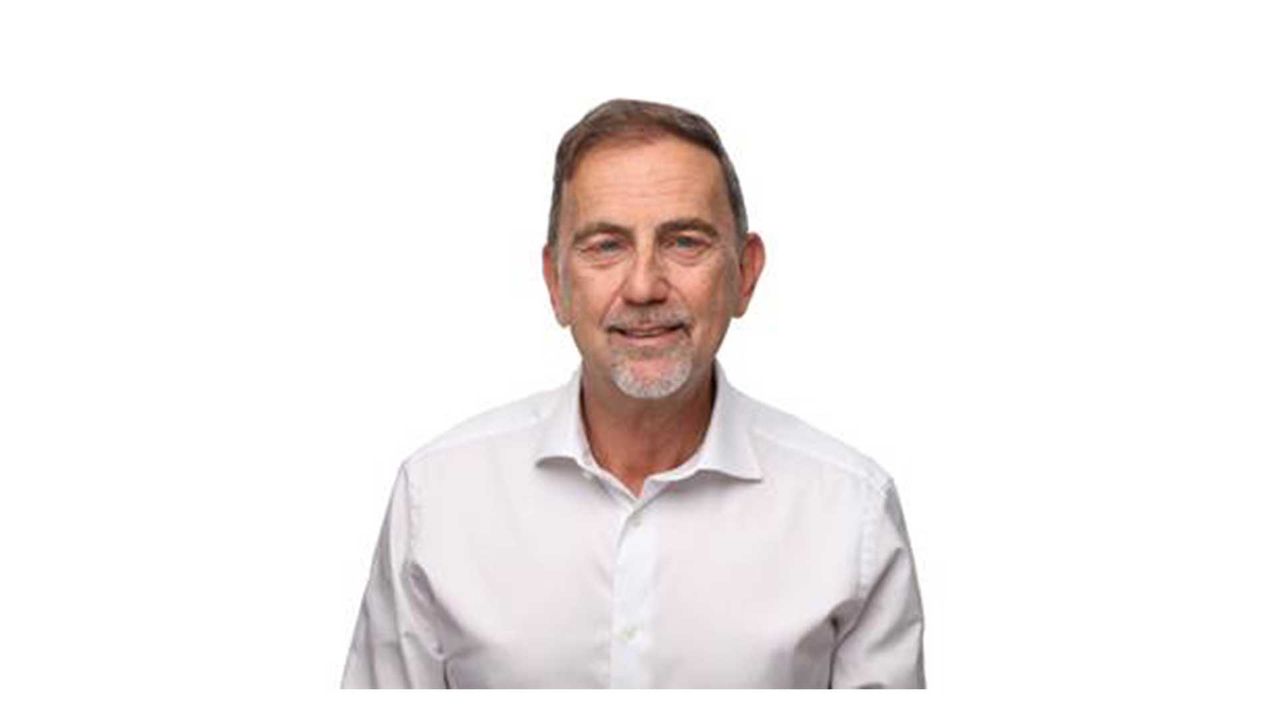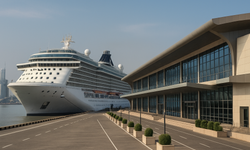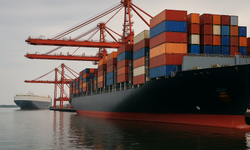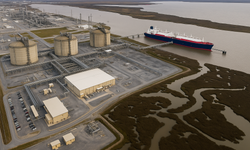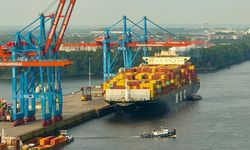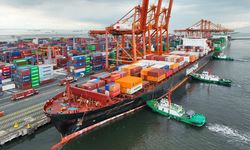While international regulatory frameworks for decarbonization are still being debated, NatPower Marine CEO Stefano D.M. Sommadossi says the industry is already moving ahead with solutions that are cost-effective and ready to scale.
“The time for theory has passed. Electrification is happening now and it’s already more efficient than the status quo,” Sommadossi said. “MEPC 83 is important, but the market is not waiting.”
120 Green Shipping Corridors Under Development
NatPower Marine is building a privately funded global network of 120 Green Shipping Corridors to enable port-to-port e-charging. The network supports cold ironing and electric propulsion, with infrastructure being installed at berth, at anchor, and at sea. The company is working with ports, shipping lines, and technology partners to deliver both new systems and optimize existing, underused electrification projects.
Sommadossi noted that many public sector port electrification efforts have stalled due to a lack of operational experience. NatPower Marine aims to solve this gap by combining investment, technical infrastructure, and management expertise.
“We don’t just build infrastructure. We operate it and ensure it delivers real commercial and environmental value,” he added.
Reducing Emissions in Port Cities
Air pollution from ships can contribute up to 35% of total urban emissions in some port cities. NatPower Marine believes its network of shore power systems offers a practical solution to help reduce emissions without compromising performance or profitability.
Digital Tools Support Transition to Electric Fuel
In addition to physical infrastructure, NatPower Marine is deploying digital tools such as smart charging systems and digital twin technology. These tools help shipowners monitor energy use, manage costs, and optimize vessel performance.
Martin Olverson, Business Development Director at NatPower Marine, emphasized the importance of combining physical and digital systems to support a smooth energy transition.
“We’re delivering an end-to-end solution that helps shipowners move quickly toward electrification,” Olverson said.
Industry Moves Faster Than Regulation
With policymakers still debating issues like carbon pricing and fuel standards, NatPower Marine says regulation needs to reflect the progress already being made by industry leaders.
“Electrification is not a future goal. It’s already a competitive advantage,” Sommadossi concluded. “The investment is real, the systems are operational, and now we need policy to accelerate this momentum.”
